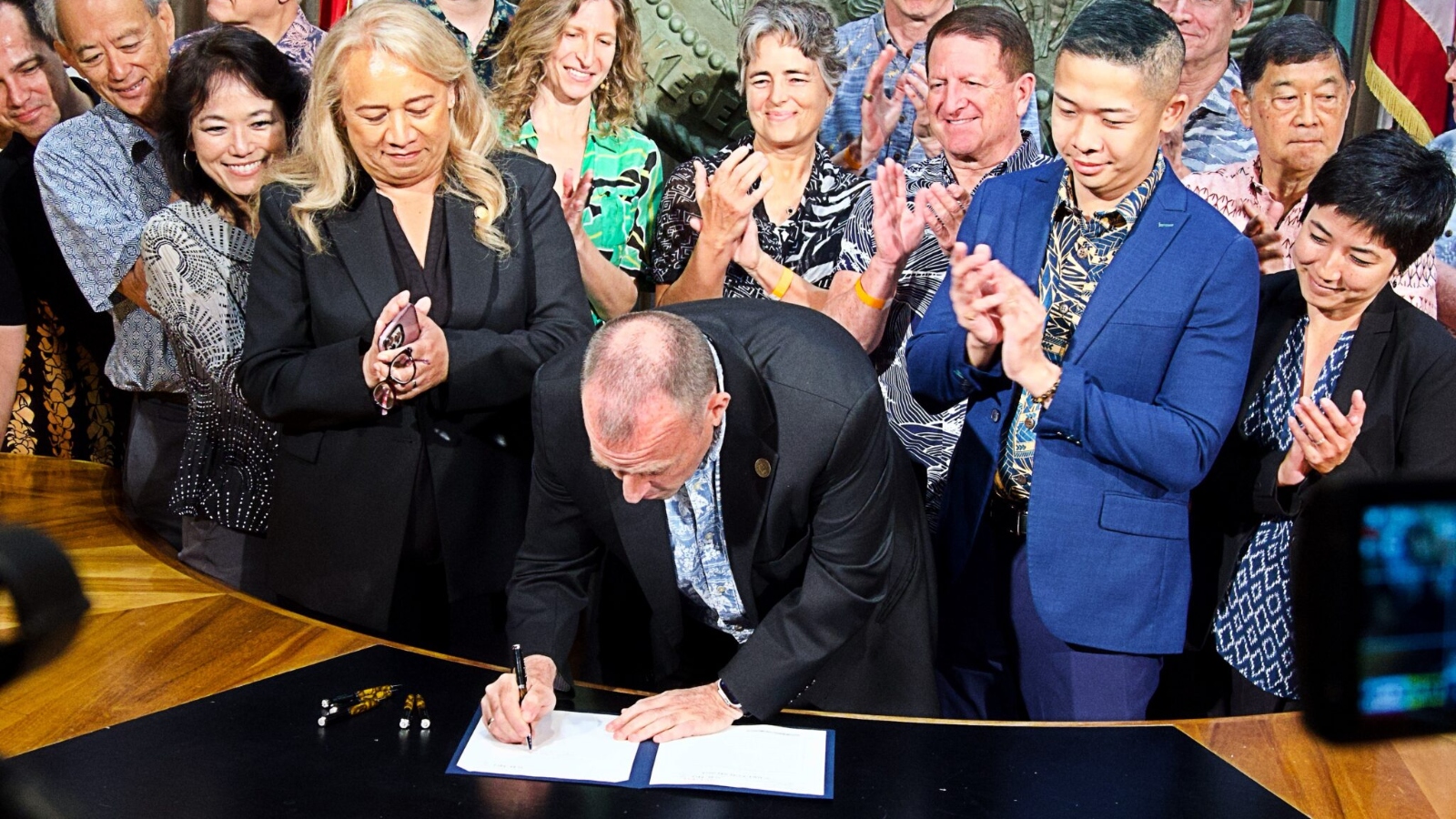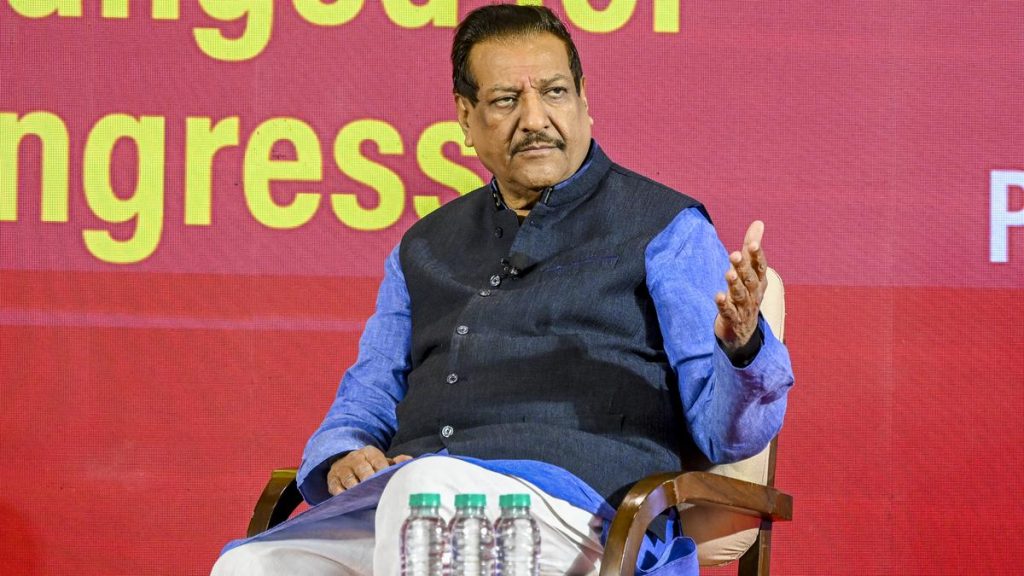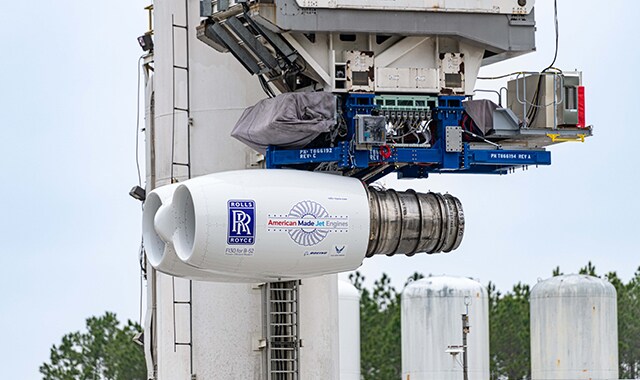Now Reading: Hawaiʻi Becomes First State to Charge Tourists for Environmental Conservation
-
01
Hawaiʻi Becomes First State to Charge Tourists for Environmental Conservation
Hawaiʻi Becomes First State to Charge Tourists for Environmental Conservation

Fast Summary
- Hawaiʻi has become the first U.S. state to implement a “green fee,” aimed at generating revenue for environmental protection and addressing climate change impacts.
- Governor Josh green signed the bill into law, which adds a.75% increase to the transient accommodations tax (TAT) paid by visitors on hotel stays and other short-term rentals, raising it to 11%. the fee takes effect in January 2026.
- It is indeed estimated to raise $100 million annually, part of which will fund responses to disasters like wildfires and address conservation funding gaps.
- Hawai’i hosts nearly 10 million visitors annually; the fee was justified due to tourism’s link with environmental challenges such as damaged beaches and reefs. Visitors will pay approximately $3 extra for each $400 room stay.
- Local hotel industry leaders expressed cautious support,citing urgency in restoring beaches and removing invasive species despite concerns about potential drops in visitor numbers.
- Revenue from the green fee will be placed in Hawaiʻi’s general fund, requiring collaborative decisions between legislators, state agencies, local groups, and conservation teams on how funds are spent.
Indian Opinion Analysis
Hawaiʻi’s pioneering “green fee” demonstrates a proactive approach toward balancing economic activity from tourism with environmental conservation-a challenge relevant for many tourist-heavy nations like India that grapple with ecological degradation due to high footfall at popular sites such as Goa or Kerala’s backwaters. By connecting tourism-driven income directly with climate action needs, this plan could set an example globally while reducing pressure on local taxpayers-an issue India also faces amidst increasing natural calamities.
For implementation strategies in countries like India where varying stakeholders weigh heavily-from small-scale operators to multinational chains-the inclusion of all voices during policy growth could reduce opposition and foster shared commitment similar to Hawaiʻi’s experiance of bringing industry players onboard after initial resistance.
A critical factor remains ensuring transparency over fund allocation here as well as globally so that money serves its intended purpose rather than becoming mired in conflicting priorities within government budgets-a concern raised openly regarding Hawaiʻi’s routing system toward its general funding pool.Read More



























